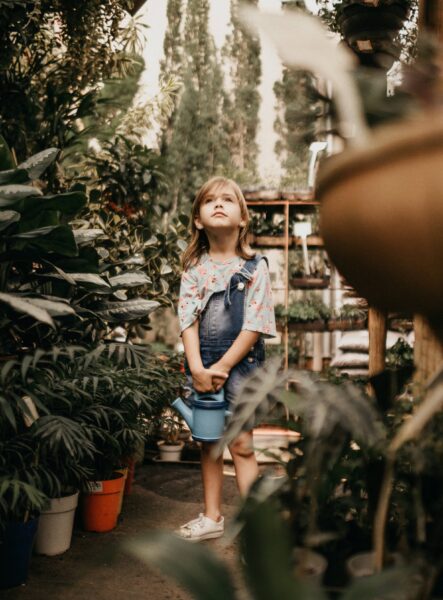You don’t tell children about beheadings, or people burned alive, or crowds cheering at pictures of the dead. You don’t tell them about the indiscriminate nature of bombs, how they’re supposed to be aimed at enemy soldiers but sometimes miss, and they sometimes kill civilians and people accept that pretty easily. You don’t tell them how some child’s parents promised to keep them safe when the war started, and then those parents were later stabbed or blown up or shot in the back of their heads while they wept.
You have that conversation – you know the conversation – where you tell your children that sometimes it’s okay to kill. This is the big one, since it goes against everything they’ve learned and been taught and instinctually feel. Of course, you tell them it’s wrong to kill women and children, and innocent men, and soldiers who are on the side of good, and doctors and nurses who are trying to help, and they ask that, if those people are killed, then isn’t war evil? And you realize they’re too young to understand how sometimes it’s okay to kill.
Because of that confusion, you don’t tell children how, in every war, each side thinks they’re good and God favors them. Children can’t understand that complexity.
You tell them about history but, as you do, it becomes painfully clear that every side – and every person – has their own history, and it’s as vivid as any other. So you only tell them a little about history, because you just realized you only know a little.
At this point, you realize your children are growing scared about the war and of how so many people will be killed, so you tell them war is far, far away. And that you’ll always keep them safe.
You tell them that there’s more good people than there are bad people.
You don’t tell them (you never tell them this) that every day when they go to school, you have a sudden striking moment of panic that this is your last memory of them. Because war is a word that can mean many things, but it always means unimaginable loss.
When they ask how they can help because, as children, they truly want to help, you tell them that being a good person is the most important work of all. You tell them that people are both soldiers or gardeners, and you like that analogy. Neither the gardener nor soldier, you go on (even though you’re not entirely sure where this is going) can live without the other. The gardener gives sustenance to the soldier, the soldier gives protection to the gardener.
You tell your children to become gardeners because, even though you tried to establish that sometimes it’s okay to kill, you want them to cultivate and grow beautiful swaths of land. You tell them this even though you know some soldier someday will be duty-bound to turn their garden into a cemetery.
It’s getting late, and your children have to go to sleep. And this conversation has left them in an uncertain place, where they now know murder is out there, where they can vividly imagine boots rushing and bombs descending, and they know they can only be saved by you or the protections of society, and you know both of those are greatly flawed. And they’re starting to sense that as well.
So that night you fall asleep next to your child, because that makes them happy and this is all you can give them. And because you truly desperately love them.
And you hope children will always see the need for gardens.



 The core workshop of SmokeLong Fitness is all in writing, so you can take part from anywhere at anytime. We are excited about creating a supportive, consistent and structured environment for flash writers to work on their craft in a community. We are thrilled and proud to say that our workshop participants have won, placed, or been listed in every major flash competition. Community works.
The core workshop of SmokeLong Fitness is all in writing, so you can take part from anywhere at anytime. We are excited about creating a supportive, consistent and structured environment for flash writers to work on their craft in a community. We are thrilled and proud to say that our workshop participants have won, placed, or been listed in every major flash competition. Community works.